For years, researchers have debated whether arts education can improve students’ skills in academic areas such as math and literacy. These debates have taken on greater urgency now that school budgets are tightening and cuts are looming for the next academic year. With growing emphasis on academic standards and testing, schools have felt compelled to cut programs that don’t seem to contribute directly to higher test scores, and there’s a movement to even make preschools more academic.
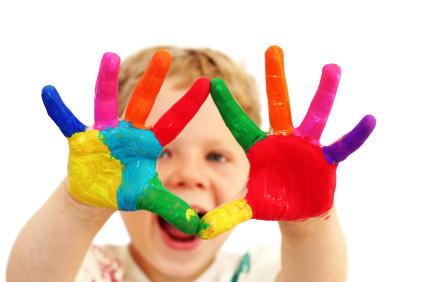 © Acik
© Acik
Into the fray comes a new study that attests to the wide and formative benefits of the arts, suggesting that arts programs might imbue preschoolers with stronger literacy and math skills down the line, specifically among at-risk children.
In the study, researcher Eleanor Brown of West Chester University of Pennsylvania teamed up with the Settlement Music School in Philadelphia to evaluate the music school’s Kaleidoscope Preschool Arts Enrichment Program, which serves predominantly low-income children. They compared preschool-age children (ages three to five) who had been in the program for just one year with children who had been in the program for two years, measuring their growth in fields ranging from language development to math. They also compared students of the Kaleidoscope program with a group in a similar program nearby that lacked the focus on the arts.
The results show that students in the arts enrichment program for two years made significantly greater progress than those of the same age who were in the program for just one year in developing skills relevant to academic subjects such as literacy, math, and science. When compared with the non-arts program that served students of a similar background, the researchers found that after one year, students at the Kaleidoscope Program showed significantly greater language comprehension.
Based on these findings, the study’s authors argue that arts enrichment programs can help students develop the skills they need for success in school, and start to bridge the achievement gap between lower- and higher-income students, by using engaging and age-appropriate activities—an ongoing dilemma for educators working with at-risk children.

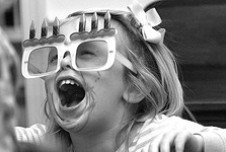


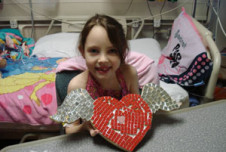
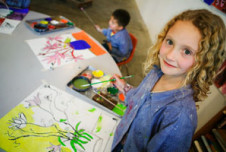
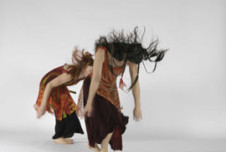
Comments